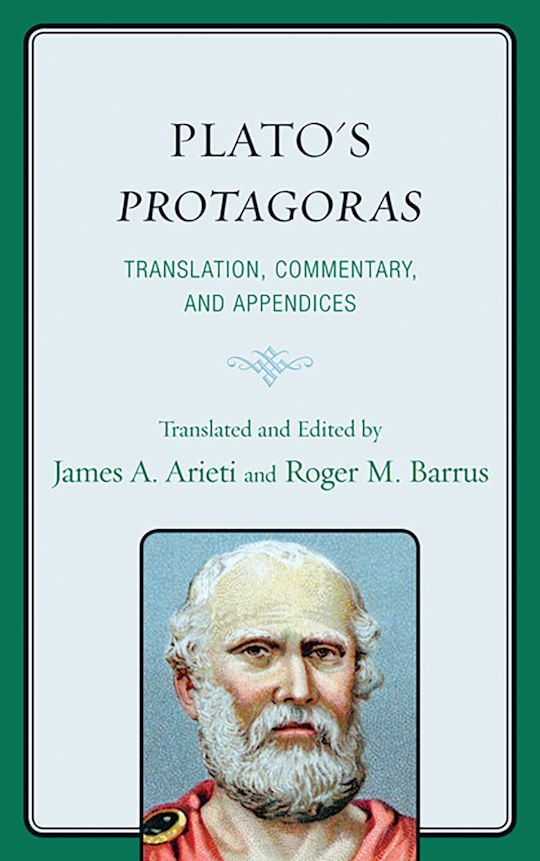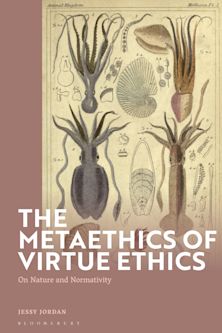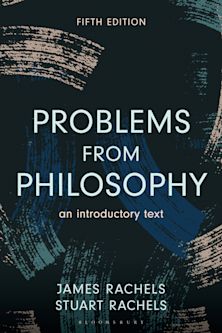- Home
- ACADEMIC
- Philosophy
- Ethics and Moral Philosophy
- Plato's Protagoras
Plato's Protagoras
Translation, Commentary, and Appendices
Plato's Protagoras
Translation, Commentary, and Appendices
You must sign in to add this item to your wishlist. Please sign in or create an account
Description
Protagoras is one of Plato's most delightfully comic and playful dialogues, and is also one of his most important. This new edition of Plato's Protagoras provides a rigorously clear and accurate translation that communicates Plato's puns, metaphors, figures of speech, and other verbal techniques naturally; allowing scholars to feel the full scope of Plato's rhetoric. Translators James Arieti and Roger Barrus confront and discuss the critical linguistic choices made in rendering difficult or obscure terms into an easily readable and understandable rendition. They also include an historical overview of the intellectual milieu of fifth-century B.C.E. Athens, careful biographies of the dialogues major characters, notes that discuss the major issues, citations of the literary and philosophical parallels, and call attention to rhetorical tactics. In addition, Arieti and Barrus provide appendices on the challenges of translating Plato's Greek into English, the diverse modern interpretations of the ode by Simonides that Socrates and Protagoras lampoon, the relationship of the dialogue to Aristotle's Sophistical Refutations, and a glossary elucidating many of the key words in the dialogue.
Table of Contents
Chapter 2 Protagoras: The Translation
Chapter 3 Appendix A: Callias' House
Chapter 4 Appendix B: On Translating Plato
Chapter 5 Appendix C: Simonides PSM 542
Chapter 6 Appendix D: Aristotle's Sophistical Refutations and Plato's Protagoras
Chapter 7 Glossary
Chapter 8 Index
Product details
| Published | 16 May 2010 |
|---|---|
| Format | Ebook (Epub & Mobi) |
| Edition | 1st |
| Extent | 160 |
| ISBN | 9781442204935 |
| Imprint | Rowman & Littlefield |
| Publisher | Bloomsbury Publishing |
About the contributors
Reviews
-
Both a literary gem and a work of considerable importance for students of philosophy and intellectual history.
Bryn Mawr Classical Review



































